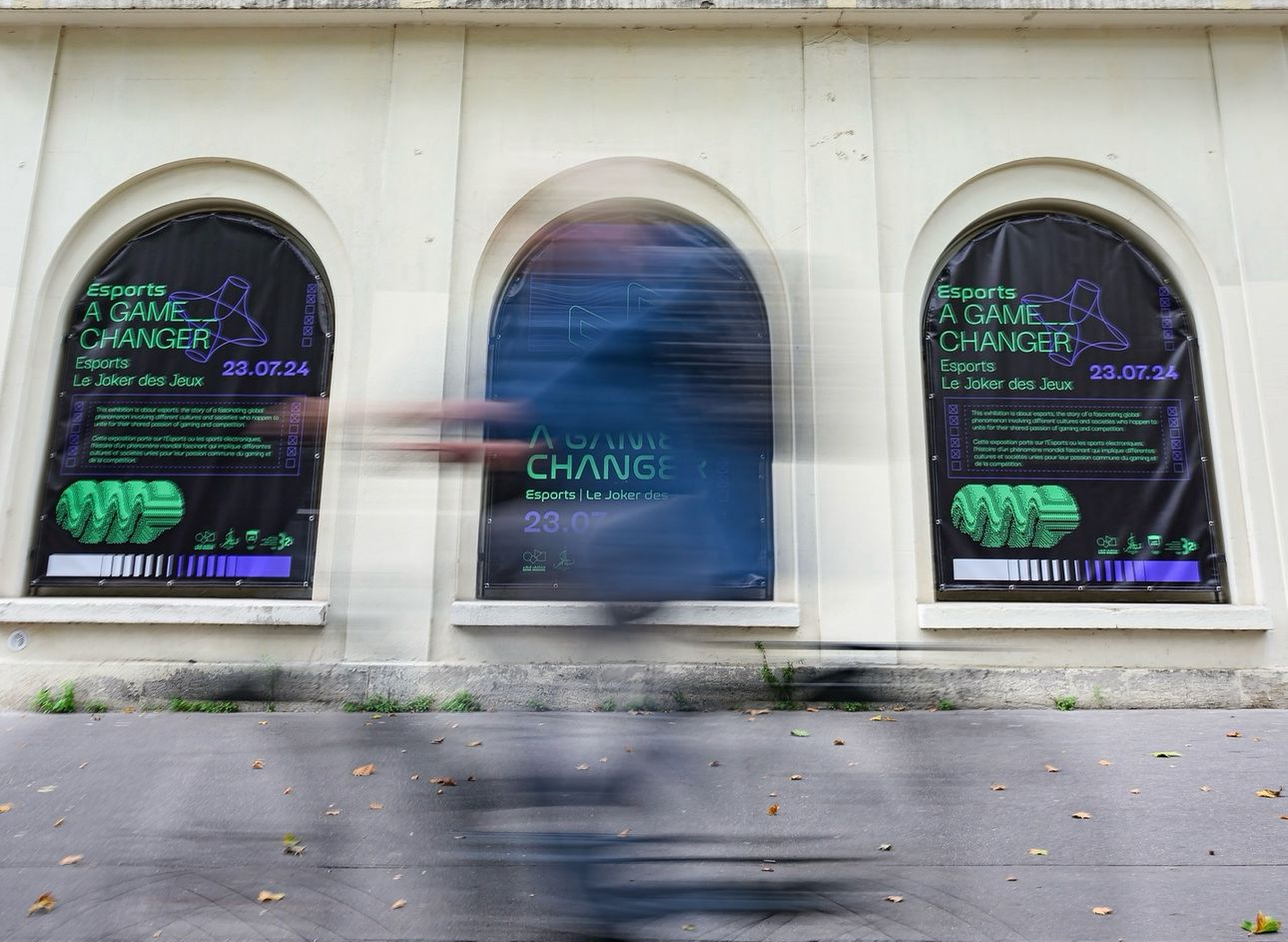
Following the suicide of a Carnegie Mellon University in Qatar (CMU-Q) pupil last week, health and wellness counselors across Education City have been imploring students to seek help in times of need.
The deceased, who Doha News is not naming out of respect for his family, was a Computer Science sophomore and an avid musician. He had taken the semester off and was living in Saudi Arabia prior to ending his life last week.
The student left a suicide note on Facebook on Sept. 1, saying that he was “done with it all” and that he was sorry for disappointing friends and family.
Pervasive stigma
Depression among young people is not uncommon, with research suggesting that one-quarter of teenagers in Qatar suffer from the mental illness.

In recent years, health officials have been working with educators on identifying possible behavioral issues among students and trying to address them without punishment.
But getting young people in Qatar to seek help when they feel depressed remains a challenge, experts said.
Speaking to Doha News, Patricia Collins, a counselor at Northwestern University in Qatar (NU-Q), said that talking to a therapist is still seen as taboo among many.
“We’re in a culture that doesn’t have a lot of exposure or practice at opening (up). We keep it in the family. We think that it makes us look a certain way if we have problems.
There’s a pervasive stigma related to health seeking behaviors. There is a faulty belief that only crazy people go here. Yes, we do work with people who have serious emotional issues, but we also deal with people who are dealing with loss and grief, adjustment problems, performance anxiety. We need to tear down the walls that keep people from seeking help.”
Collins, a long-time college counselor with over 25 years of experience working with students in the US and in Qatar, added that depression, anxiety and relationship concerns were the top three treatable mental health issues that students faced.

“Untreated depression is the number one cause of suicide,” she said. “People do not think about suicide unless they’re suffering from clinical depression, which is treatable. Once treatment starts, people start feeling better in four to six weeks.
According to NUQ’s student publication the Daily Q, a special gathering was held at the Education City residences some two days after the CMU-Q student’s death.
Over 100 students, professors, and counselors came together to remember his life and talk about mental health issues prevalent in the community.
Seeking help
Following last week’s suicide, Collins and other counselors are encouraging students to seek help for mental health related issues, a move that she said is often decried as a sign of weakness or instability.

NU-Q and Texas A&M University in Qatar routinely offer a specialized suicide prevention course called QPR, which trains friends and family members on how to identify possible signs of depression and encourage their loved ones to seek help.
“Nothing is foolproof, but if someone is hurting and thinking about ending their life, just asking the question ‘are you thinking of ending your life’ lowers the risk,” Collins said, continuing:
“It’s so simple, but so difficult because it’s not part of our language. It’s not part of our repertoire. We don’t ask people things like that. But if we can do it, it lowers the risk of this impulsive act happening and decreases the anxiety that comes with it.
You’re (also) going to open up the door to talking about it…that’s what QPR teaches you – how to ask the question, how to persuade them to get help and how to give a good referral to professional services.”
In her two years at NU-Q, the counselor estimated that some 100 students and faculty members have undergone the training, though attendance varies significantly from session to session.

At the most recent training, held only a few days after the CMU-Q student’s death, only two people showed up.
With September being Suicide Prevention Month in the US, and Oct. 10 being World Mental Health Day, Collins said that she hopes to continue to engage students in healthy conversation about mental health issues.
“We’re trying to challenge people’s belief systems, which is always hard. People don’t want (to be seen) as weak, (but) if we can challenge some of the beliefs that people have about seeking help, then they will seek help more.
It’s going to take a long time, but I think that we can begin by challenging young minds so that it makes a difference (not only) to them but also to their children and their children’s children.”
Mental health awareness
Social stigma related to mental health issues is not uncommon in Qatar, where despite affecting a fifth of Qatar’s population, very few seek treatment.
In 2013, Dr. Salih Ali al-Marri, assistant secretary general of Medical Affairs at the Supreme Council of Health (SCH), said:
“A study of public perceptions of mental health issues conducted in Primary Health Care Centers has shown that stigma exists in Qatar and that shame and fear of stigmatization often deters individuals and their families from acknowledging mental health issues, and seeking treatment and support. This leads to unnecessary hospitalization and prolonged illness.”
However, the SCH also announced a new five-year National Mental Health Strategy under the theme of “Changing Minds, Changing Lives,” aimed at improving Qatar’s mental health services and eliminating the surrounding stigma.
Plans outlined in the strategy include a new mental health law that should be enacted by December 2015, Al Marri said.
According to the SCH report, some 18 percent of Qatar’s total population has had depression at some point, a number that rises sharply the younger the resident is.
However, only a relatively small percentage of the affected seek help, with 25 percent of Qataris and five percent of expats using HMC’s psychiatric services in 2011.
Thoughts?







